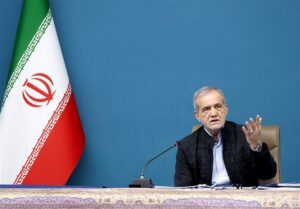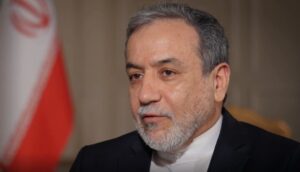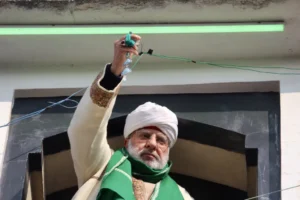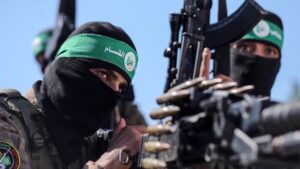Iran ready for any scenario

While many predicted that Iran’s strategic patience had reached its limit after Israel’s assassination of Hezbollah Secretary-General Sayyed Hassan Nasrallah, the Iranian missile attack on Tuesday evening, October 1, still came as a surprise.
Iran’s successful execution of Operation True Promise II came amidst heightened Israeli alert, triggered by the terrorist attack in southern Lebanon that claimed the lives of Nasrallah and IRGC commander Brigadier General Abbas Nilforushan. Hebrew sources reported that Tel Aviv officials, in close coordination with American political and military authorities, had been tipped off about the impending Iranian attacks through satellite imagery.
The attack is significant in various aspects. As the Iranian Revolution Guard Corps (IRGC) stated, the strike was conducted in accordance with Article 51 of the UN Charter, exercising Iran’s right to respond to repeated violations of its sovereignty by Israel. Beyond its operational success, the attack also fulfilled a national demand and a request from the Resistance community for decisive action against the Zionist regime. Following the assassination of Hezbollah’s Secretary-General, calls for retaliation against Israel intensified within Iran. There was a surge of support for swift punishment, with many young Iranians even volunteering to assist Hezbollah in Lebanon.
The regional situation remains uncertain following Iran’s missile attack. While Iran has prepared for all contingencies and is ready for any escalation, the IRGC has warned that further aggression against Iranian interests will be met with a crushing response. Should Israel or its American allies miscalculate and escalate tensions, the consequences will be severe. There are indications that the next response could involve the entire Axis of Resistance.
It is undeniable that after a year of inaction in the face of Israel’s systematic violence and crimes in Gaza, which have spread to surrounding areas, the international community must acknowledge that Iran’s missile strikes on occupied territories were not only a legitimate response to Israel’s repeated attacks but also a necessary step to fill the void left by the failure of international institutions, including the UN Security Council, to stop Israeli aggression.
Throughout the Gaza war, Iran consistently advocated for an international resolution, actively calling for the United Nations to play a leading role in ending the crisis. Following the Israeli attack on Iran’s consulate in Damascus, Iran pursued all diplomatic and legal avenues to secure its rights through the UN Security Council. However, the Council, paralyzed by the influence of the United States and its Western allies, failed to take meaningful action to stop Israel’s aggression or address Iran’s grievances.
Following the assassination of Ismail Haniyeh in Tehran, Iran exhausted all political and legal avenues to address the situation. Iran’s subsequent attack on Israel was undeniably within its legitimate rights under the UN Charter.
Iran’s response to the ongoing atrocities committed by the Israeli regime, which continues with unwavering U.S. support, must be understood as part of the global fight against state terrorism. Israel’s actions have tragically claimed the lives of over 42,000 Palestinians and thousands in Lebanon and Syria. The international community’s failure to respond effectively to these crimes, and the lack of reciprocal action, poses a serious threat to global security.
By Afifeh Abedi
(Tehran Times)









